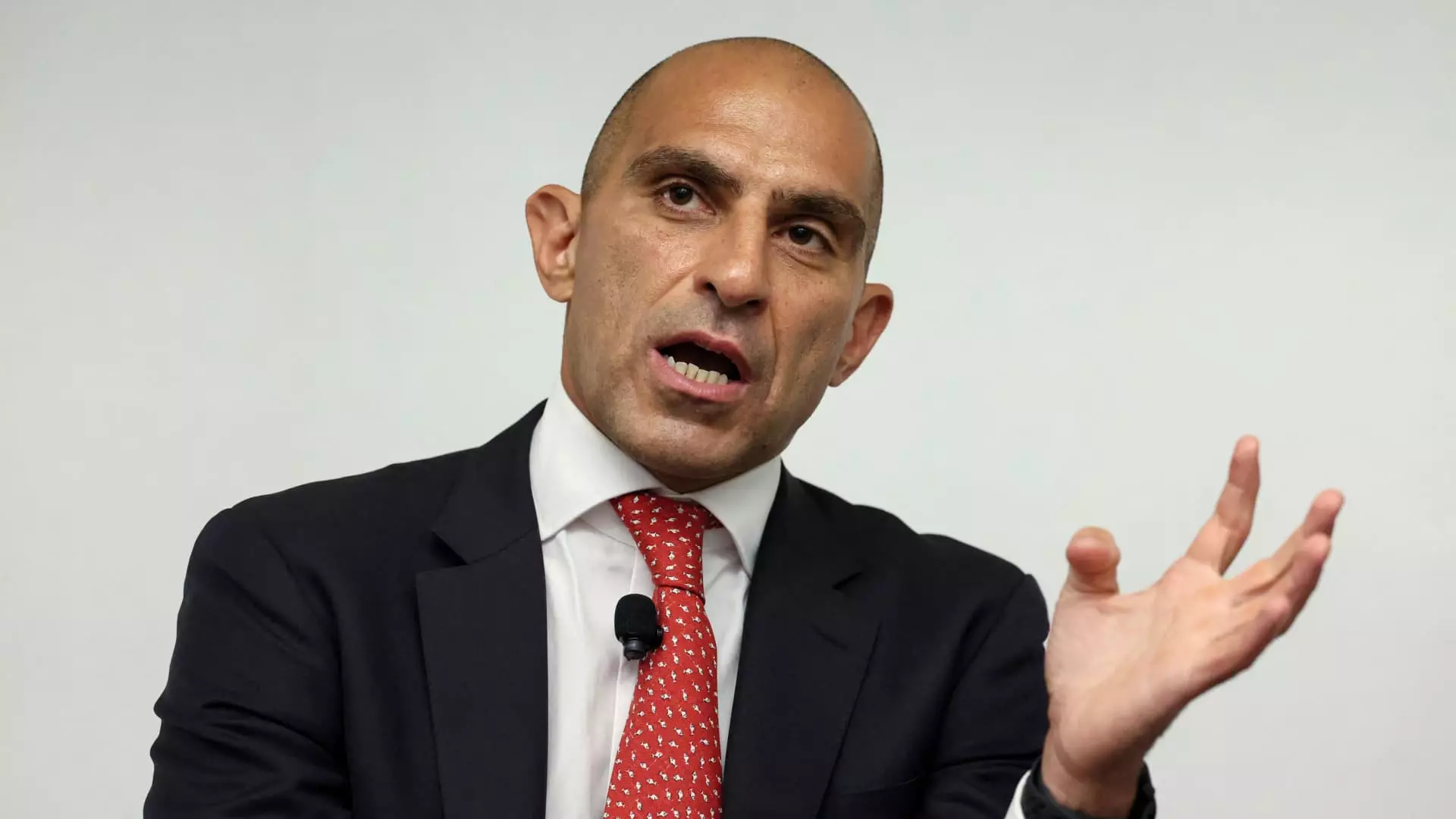The Commodity Futures Trading Commission (CFTC) finds itself at a critical crossroads in the financial regulatory framework, especially regarding the emerging digital asset class and political event contracts. This juxtaposition illustrates not only the rapid pace of change in the financial markets but also the necessity for robust regulatory measures. With a significant focus on maintaining the integrity of market operations, CFTC Chairman Rostin Behnam recently highlighted the agency’s consistent stance against permitting betting on the outcomes of U.S. elections through financial exchange contracts, particularly with the case involving Kalshi—a platform that facilitates such bets.
Behnam’s remarks underscore the agency’s longstanding position that political event contracts violate existing regulations, stemming from concerns over the potential for manipulation and corruption. The legal setbacks faced by the CFTC, notably the September ruling which allowed Kalshi to proceed with its offerings, reflect the challenges regulators encounter in navigating innovations that eclipse traditional market boundaries. This episode transforms into a pivotal test of the CFTC’s capacity to assert its authority while adapting to new financial environments.
Urgency for Legislative Framework on Digital Assets
As the digital asset realm continues to burgeon, the CFTC is also contending with a distinct set of challenges. During his recent testimony before the U.S. Senate, Behnam articulated dissatisfaction with the fragmented approach toward the regulation of digital currencies and assets. He expressed apprehension that countless Americans are falling prey to deceptive schemes within this unregulated landscape, which ultimately cries out for comprehensive federal legislation.
The urgency for a clear regulatory framework is paramount; without legislative action, scams and malicious activities could further erode consumer trust in digital assets. Any legislative roadmap must not only seek to safeguard consumers but also adapt to the innovative spirit of the market, ensuring that the regulatory environment does not stifle technological advancements. This delicate balance is critical for fostering public confidence and ensuring that the financial system remains resilient against future shocks.
The Path Forward: Collaboration and Innovation in Regulation
Looking forward, the convergence of traditional regulatory practices with the dynamic world of digital assets presents a unique opportunity for collaborative efforts between lawmakers and regulatory bodies like the CFTC. Developing an inclusive approach that embraces innovation while ensuring robust consumer protections will be essential in establishing a sustainable financial ecosystem.
Both the CFTC and Congress must galvanize their efforts to respond appropriately to the escalating challenges presented by new technologies and financial products. Establishing clear guidelines and oversight mechanisms will not only protect investors but will also reinforce the credibility of U.S. markets on a global scale. As the dialogue surrounding digital asset regulations evolves, it will be crucial for stakeholders to remain vigilant and adaptive to the realities of an increasingly complex financial landscape.

